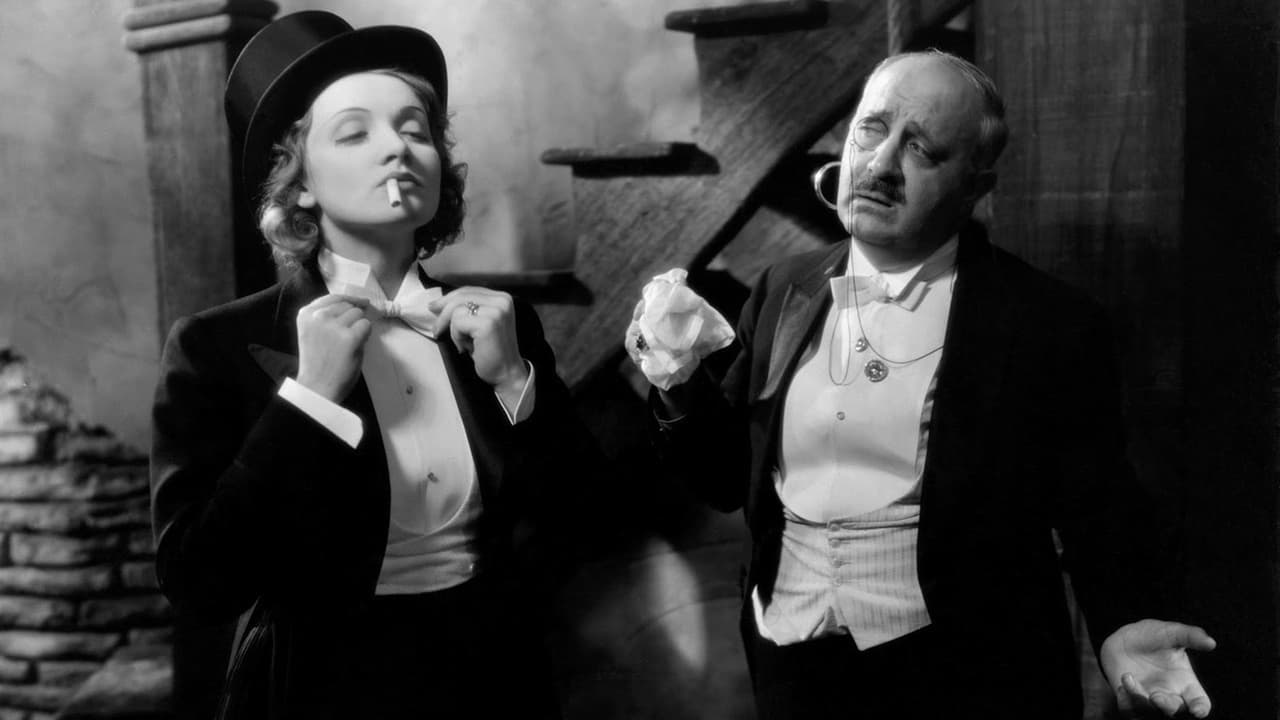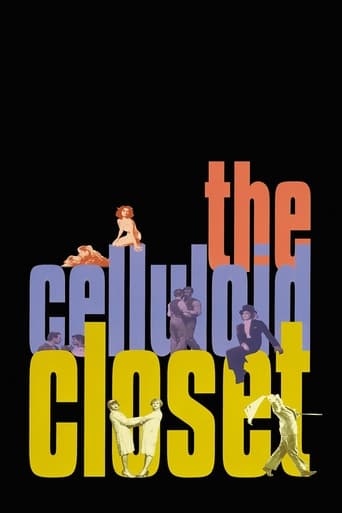Laikals
The greatest movie ever made..!
ReaderKenka
Let's be realistic.
Smartorhypo
Highly Overrated But Still Good
BroadcastChic
Excellent, a Must See
gavin6942
A documentary surveying the various Hollywood screen depictions of homosexuals and the attitudes behind them throughout the history of North American film.Even today (2017) when homosexuality is more or less considered normal, this is an impressive documentary. Some of the scenes covered have long been known to be filled with gay subtext. But many others had never occurred to me, and to hear the stars and writers freely speak about them is quite a treat and changes the way a film is approached.Even more amazing, this film came out in 1995, when homosexuality was still not quite mainstream. Growing up in the 1990s, I never found gay themes strange (thanks to such directors as Gregg Araki) but knew it was not socially acceptable. To find the film is based on a much earlier book, which in turn had started as lectures as far back as 1972... wow!
Lauren McGinnis
"The Celluloid Closet" is an excellent documentary outlining the journey that queer films have taken over the last few decades. Directors Rob Epstein and Jeffery Friedman do a nearly perfect job at explaining the stereotypes, humiliations, and "hidings" that queer cinematographic love has had to face, fear and admit. "Celluloid Closet" is a film that bases itself off of some of the most famous motion pictures that the world has seen. Some of them, however, do remain as an underdog to some of the major movie successes.For those of us that are unfamiliar with queer films, "Celluloid Closet" is a spectacular orientation into that genre of movies; taking us as early as the silent films in 1895 (Thomas Edison's Experimental Movie with two male dancers) up to some of cinemas recent releases (Brokeback Mountain, 2005). Although there are no main characters, we are presented with some familiar actors, actresses, and directors such as Whoopi Goldberg, Tom Hanks, Tony Curtis and many others. This documentary presents its audience with films that some viewers wouldn't qualify as "queer" simply because they enjoy watching it. This documentary presents some of the "questionable" films upside down so the messages are clear to us but were able to remain uncensored by the Production (Hay's) Codes that had restricted certain theatrical content. "Celluloid Closet" is empathetic, understanding and entertaining. It is elegantly put together, neatly organized, personally touching and very well informative.
Ashley Russell
This Documentary was a look into the way Hollywood used to expose the queer culture. Celluloid Closet had a flawless cast to comment on the chosen films which really helps the viewer grasp the overall theme of the documentary. It not only had writers in some of the films shown as examples but also had actors, directors, and even some critics. This variety gave a whole circle view and not just one-sided. I personally valued the different angles that each person came from when discussing each of the films. Some people idolized one character while others may have found the same one offensive. This showed me that even though Hollywood was trying to squash homosexuality, instead they were actually proud of the slight hint of homosexuality that did sneak through the edit. It was astonishing to see how many of the classic films were originally written to have gay roles and yet were completely rewritten to obliterate such a concept. It was also auspicious to see the screenwriters prevail in their scripts by still putting in homosexual hints without being direct enough for the editors to catch. Being a young adult, many of these classic films are ones that I've not yet seen, so it was a good review of how Hollywood used to do things. However, it would be nice to see a film starting where this one left off and coming into the present. There are many more queer films to be produced since then and it would be nice to have those shown as well, especially as a pedagogical tool in the future.
taylorlandis
"The Celluloid Closet" is a very informative, interesting documentary that evaluates the way Hollywood has presented homosexual relationships beginning in the 1930s. From the very beginning when homosexual relationships began to appear in films, Hollywood has always had an influence on the audience of what to think about gays, as well as how gays should feel about themselves. In early appearances, the homosexual hints in films was not discussed publicly after being viewed, it was sort of ignored and thought of as comedy. After homosexual scenes became more and more prevalent and common, the Catholic and Protestant churches grew very angry, starting boycotts of any film that hinted even the smallest bit of homosexuality. Film writers and directors began finding other ways to project homosexuals, by making it harder to catch the gay hints or even making the homosexual character a "villain" in a sense. This homosexual "villain" character was very common in films until the British film "Victim." This particular film was the first to actually use the word "homosexual," therefore beginning another era of homosexuality in films. Although the "homosexual" word was not used openly in films, gays seemed to perceived as having a "mental illness" now. In addition, audiences were applauding villains, killers, or the killed if they were homosexual. They seemed to enjoy the homosexual characters' pain while watching these films. Overall, "The Celluloid Closet" takes its audience on the journey through the evolution of homosexuality in Hollywood films. Clearly this film is wonderful in itself as it explores other very famous films throughout history, discussing how homosexual scenes were presented in many of them.

